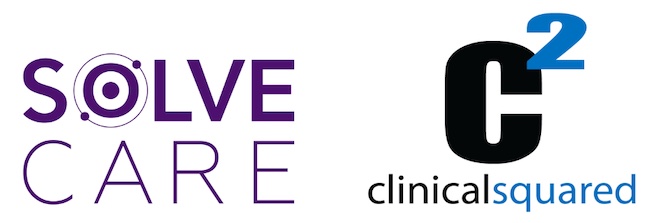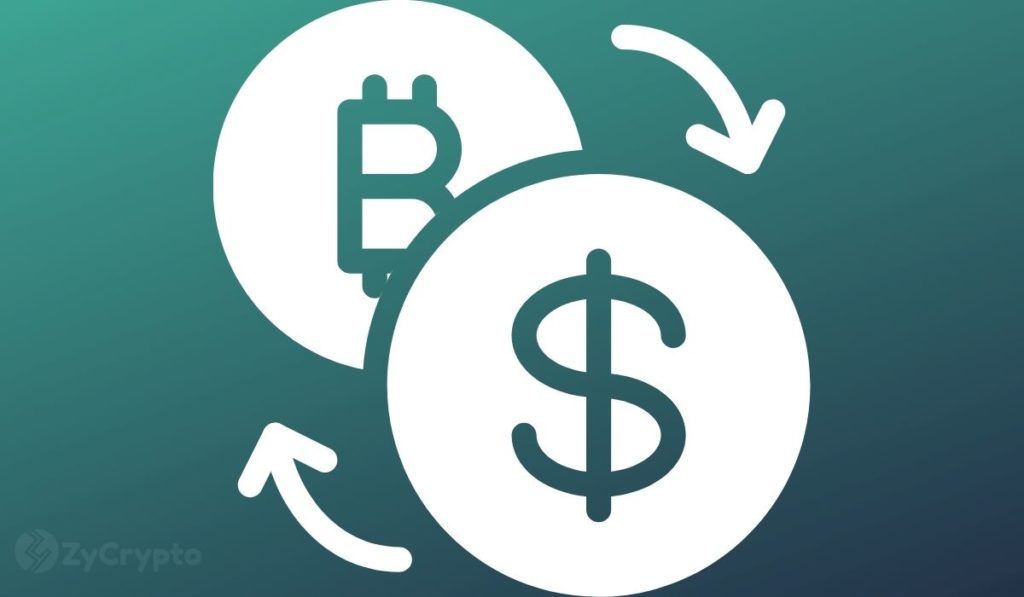2023-7-27 12:53 |
In a significant move for the digital asset ecosystem, the House Financial Services Committee passed the ‘FIT for the 21st Century Act,’ officially titled the “Financial Innovation and Technology for the 21st Century Act” on July 26.
Quick Take The bill, sponsored by Rep. French Hill, sets up rules for issuing and trading digital assets. Supervised by the Securities and Exchange Commission (SEC) and the Commodity Futures Trading Commission (CFTC). Defines a digital asset as a digital representation of value that can be transferred without an intermediary and is recorded on a secure public system. Defines a digital commodity as a digital asset owned by an individual, not the issuer, after the related blockchain system is fully functional, decentralized, or acquired via a ‘digital commodity’ exchange. Requires digital asset traders and brokers to register and makes provisions for joint rulemaking by SEC and CFTC on digital asset regulation. Expands the roles of SEC’s Strategic Hub for Innovation and Financial Technology (FinHub) and CFTC’s LabCFTC to foster innovation and competition. Asks for studies on emerging financial technologies like decentralized finance and non-fungible tokens. FIT for the 21st Century ActAccording to the bill,
“The purpose of this Act is to provide legal certainty for digital commodities, clarify the treatment of digital assets, deter illicit activity, and promote innovation.”
The ‘FIT’ Act stands out for its comprehensive regulatory approach to digital assets, aiming to bring this burgeoning field within the regulatory perimeter.
Further, the bill’s passage represents a milestone in American innovation and consumer protection for digital assets, as the House Financial Services Committee reported.
Sponsored by Rep. French Hill, the bill essentially creates an encompassing legal framework for issuing and trading digital assets that will be monitored by two regulatory bodies, the Securities and Exchange Commission (SEC) and the Commodity Futures Trading Commission (CFTC).
Definitions of digital assetsA noteworthy feature of the bill is its effort to define terms such as “digital asset,” “digital commodity,” “blockchain,” and “decentralized network,” among others.
Interestingly, the bill defines a ‘digital asset’ as
“any fungible digital representation of value that can be exclusively possessed and transferred, person to person, without necessary reliance on an intermediary, and is recorded on a cryptographically secured public distributed ledger.”
This definition implies a broad and encompassing understanding of digital assets, laying the groundwork for more extensive regulation in the future.
Definitions of digital commoditiesAdditionally, the bill defines a ‘digital commodity’ as “any unit of a digital asset held by a person, other than a digital asset issuer, a related person, or an affiliated person” under the following conditions:
Issued to the person through an end-user distribution Acquired by a transaction on a ‘digital commodity exchange Any digital asset held after the first date the corresponding blockchain system became a functional and certified decentralized network.However, notably the term ‘digital commodity’ does not include a permitted payment stablecoin.
Regulatory jurisdictionThe bill then provides clarity that digital commodities fall under the CFTC’s jurisdiction. At the same time, the SEC has jurisdiction over digital assets like permitted payment stablecoins when SEC-registered entities trade them.
Specifically, The CFTC” shall have exclusive jurisdiction over any exchange registered ‘digital commodity,’ including options and futures contracts, while the SEC will preside over stablecoins and any digital asset, whether registered or not.
Further, the bill states that any digital asset issuer registered with the SEC must also be “open to inspection and examination by the CFTC.”
SEC & CFTC amendmentsThe bill goes further, expanding the SEC’s Strategic Hub for Innovation and Financial Technology (FinHub) and CFTC’s LabCFTC.
Amendments to Section 4 of the Securities Exchange Act of 1934 establish FinHub within the SEC with the primary objective of fostering responsible technological innovation and fair competition. The role of FinHub extends to shaping the SEC’s approach to technological advancements in the finance industry and examining fintech innovations within capital markets.
Simultaneously, amendments to Section 18 of the Commodity Exchange Act see the establishment of LabCFTC within the CFTC, tasked with promoting responsible financial technology innovation and fair competition.
The duties of LabCFTC include advising the CFTC concerning rulemaking or other agency or staff action regarding financial technology and providing internal education and training to the Commission regarding financial technology.
These expansions to FinHub and LabCFTC are intended to provide a comprehensive regulatory approach to technological innovation in finance.
The bill looks to codify these innovation offices into law and expand their duties beyond current practice to formally promote innovation and fair competition in financial technology like digital assets.
Registration and researchThe bill also addresses the registration requirements for digital asset and commodity brokers, dealers, and trading platforms. It requires studies on emerging topics like decentralized finance, non-fungible tokens, and enhancements to financial market infrastructure.
Furthermore, it calls for joint SEC-CFTC rulemaking on issues such as defining digital assets and regulating mixed digital asset transactions.
The House Committee’s move marks an unprecedented step in creating a legislative environment that optimally balances the promotion of innovation in digital assets with robust consumer protection measures.
Next stepsAfter passing the United States House Financial Services Committee, the next step would be to pass a vote in the full House of Representatives.
If the bill passes the House, it would then move on to the Senate, where it would be discussed in a committee, and if it passes there, it would be voted on by the full Senate.
If this bill receives majority approval in the Senate, it would then be sent to the President of the United States for signature. If the President signs the bill, it becomes law. If the President vetoes it, the bill could still become law if both the House and Senate vote to override the veto with a two-thirds majority in each chamber.
As the bill moves forward, its implications on the digital asset landscape, including current legal battles between crypto providers and the SEC, will be closely monitored by stakeholders from across the spectrum.
The post Landmark crypto legislation defines SEC, CFTC jurisdiction on digital assets, commodities appeared first on CryptoSlate.
origin »Bitcoin price in Telegram @btc_price_every_hour
Digital Rupees (DRS) на Currencies.ru
|
|


















